Does Age Cause a Change in Body Odor?
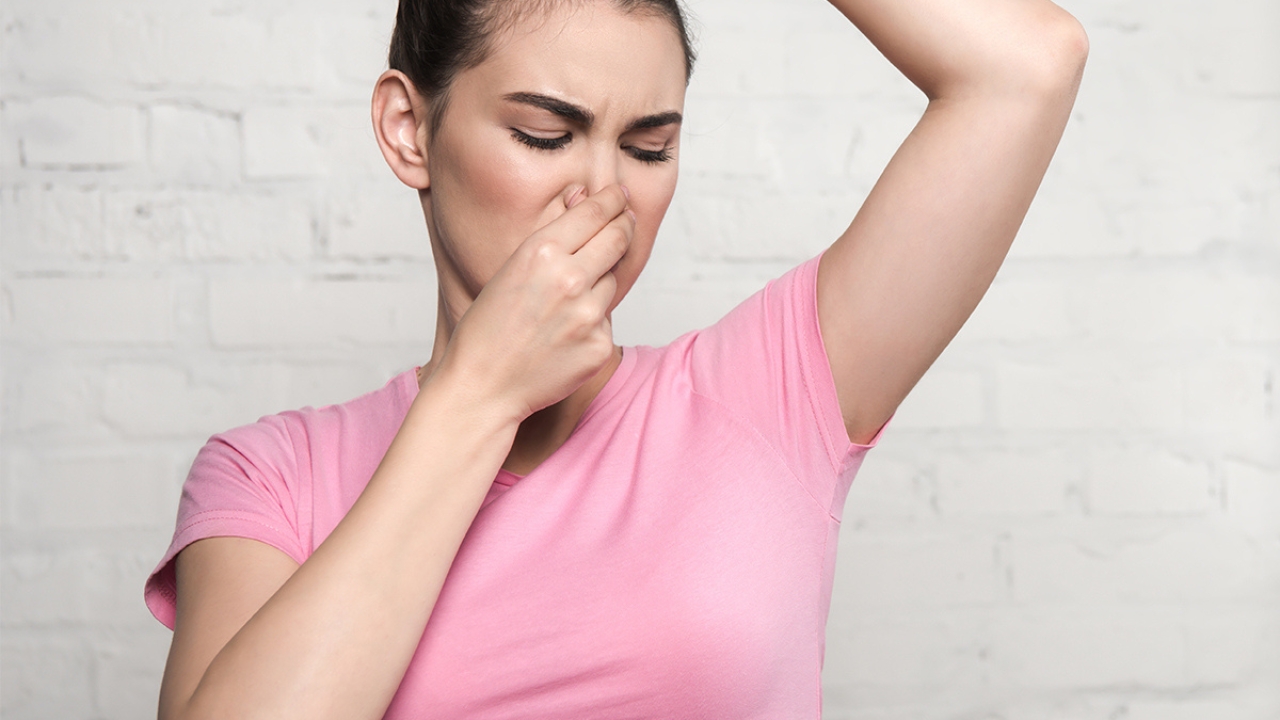
This odor has been dubbed by some as the “smell of old folks.” Although it may come across as “ageist,” most people link this stench with elderly people or the scent of bodily processes associated with long-term care facilities.
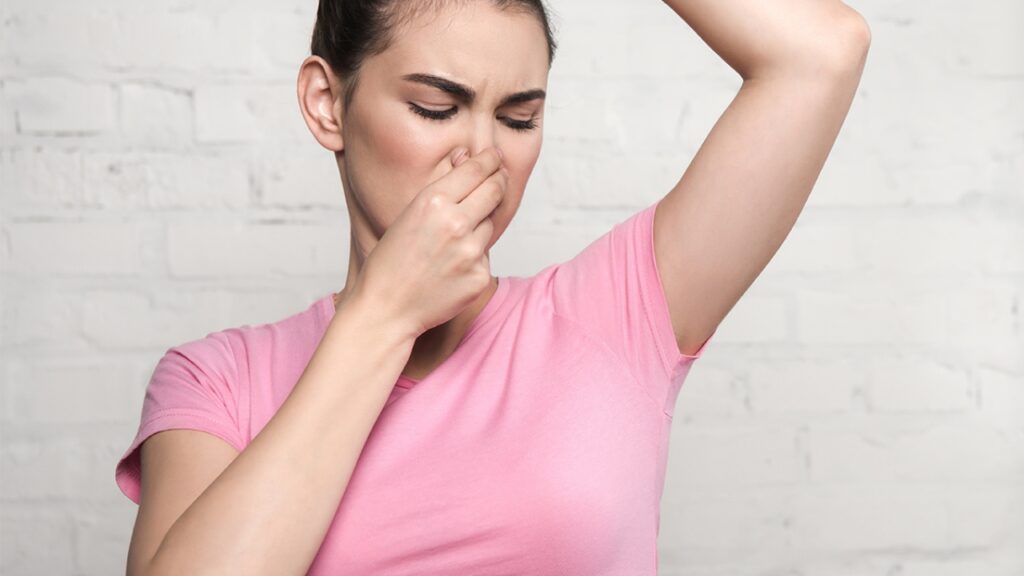
There are many different factors that contribute to body odor. Some are the result of things that happen outside of our bodies, such as the medications we take or the food we consume, while others are connected to the chemical makeup of our bodies.
What Causes Body Odor?
Sweat Glands: The apocrine and eccrine glands are responsible for the production of “sweat,” which is composed of water and other organic substances. Eccrine glands are located all over the body and are responsible for the production of perspiration for the purpose of keeping the skin cool. These glands do not create odor.
The apocrine glands are located in the hair follicles that are most commonly found in the groin and under the arms. Body odor is caused by the growth of bacteria on the surface of the skin, which is triggered by perspiration from the apocrine glands. Because the components that contribute to a person’s body odor are water-based, the stench can be mitigated or erased entirely by practicing proper hygiene, which includes washing with soap and water.
Sebaceous glands: Sebaceous glands are responsible for the production of Omega-7 fatty acids or lipids, both of which undergo transformations when they are exposed to air. This process of “oxidization” of lipids results in the production of 2-nominal, a chemical molecule that likewise creates an odor when it ages.
This odor of aging, on the other hand, is not the same as the normal body odor caused by sweat glands. Furthermore, because these lipids are insoluble in water, it is impossible to remove them by scrubbing or washing the affected area. As a consequence of this, some people smell it and describe it as having a greasy or grassy stench, but they don’t always characterize it as being unpleasant.
By the time a person reaches the age of 40, their skin has created a sufficient amount of antioxidants to halt the oxidation process that causes the “aging stench.” However, the generation of antioxidants slows down as we become older.
Concurrently, the production of omega-7 fatty acids in the body has been shown to rise with advancing age. These two signs of aging contribute significantly to the smell of aging that develops on the skin. Therefore, contrary to popular opinion, this type of odor has very little to do with a person’s level of cleanliness.
In 2001, research conducted in Japan by a business that specializes in cosmetics led to the discovery of 2-nominal. The participants’ ages ranged from 26 to 75, and all of them were in good health. Following the three-day period during which each participant wore a T-shirt, material samples were taken for examination. The “aging odor” was present on the t-shirt samples worn by individuals over the age of 40, but not by individuals under the age of 40.
Because it does not dissolve in water, odors associated with aging are notoriously difficult to eliminate. Because of this, Japanese soaps and other bathing goods have typically contained extracts of persimmons and green tea for several hundred years. It is asserted that these compounds lessen the odor associated with aging; however, there is no concrete proof to support the claim that it eradicates this odor.
A further investigation of the chemical shifts that take place in the composition of our odor as we become older was carried out at the Monell Center in the year 2012. They separated the individuals into three age groups, ranging from 20 to 30 years old, 45 to 55 years old, and 75 to 95 years old, with 12 to 16 people in each group.
Every participant was provided with detachable underarm pads to use while sleeping. The content of the pads was reviewed by forty-one people, and their opinions on the intensity and pleasantness of the smell were recorded.
They were able to identify the samples as coming from the older age group, but they described the stench as being “less powerful and less unpleasant” than the smells coming from the younger age groups. According to those of an older age group, the odor could be identified, but it was not seen as being as “unpleasant” as the smell that was reported by those of a younger age group.
Other Sources of Odor
Diabetes
A person who has a fragrance that is described as “fruity” may have hyperglycemia, which is another name for high blood sugar. This particular odor calls for immediate medical attention from a trained professional.
Kidney disease
An immediate impression may be that the smell of ammonia is similar to the smell of urine; nevertheless, the presence of an ammonia odor may be an indication that the kidneys are not functioning properly. To reiterate, the person who is emitting this odor has to consult a healthcare provider in order to be evaluated and treated.
Medications
Taking certain medications might induce an increase in sweating, which can also lead to an increased risk of unpleasant body odor. An increase in perspiration is a common side effect of many antidepressants, including bupropion, escitalopram, duloxetine, fluoxetine, and venlafaxine. In addition to opioid analgesics and non-steroidal anti-inflammatory drugs (NSAIDs), such as naproxen, an increase in perspiration is possible when using certain medications.
Diet changes
The age-old proverb that “you are what you eat” also applies to the smell that is produced as a direct result of the food that we consume. For instance, foods like garlic are known to create body odor since they are excreted through sweat. Onions, foods that are particularly spicy, asparagus, and alcohol are some examples of other foods that contribute to body odor.
Incontinence
If the skin or fabric becomes dirty, urinary and bowel incontinence will leave an unpleasant stench behind. There are a variety of incontinence products on the market that include odor-neutralizing inserts. In addition, the use of proper hygiene practices, the replacement of filthy clothing, and the laundering of bed sheets are all effective ways to lessen the intensity of disagreeable scents.
Tips to reduce odor
- It is recommended that you drink between six and eight glasses of water each day. Drinking fluids will help you stay hydrated while also flushing out your system.
- Avoid or cut back significantly on your usage of caffeine and alcohol.
- Follow a healthy eating plan that includes plenty of fruits and vegetables that are high in antioxidants, such as the following: red kidney beans, black beans, broccoli, tomatoes, spinach, potatoes, blueberries, pecans, strawberries, and red grapes.
- Get a sufficient amount of rest and sleep.
- Get some exercise, learn to relax, and try some meditation to get your stress level down.
- Take frequent baths or showers and, after cleaning your skin, apply a moisturizer that contains antioxidants to rehydrate your skin.
- Regularly launder your clothes and bed linens, and try to stick to cotton rather than synthetic fabrics whenever you can.
- Periodically opening the windows in your home will allow fresh air to circulate throughout the rooms, particularly the bedrooms.
- Applying a topical antiperspirant to your underarms can help reduce the amount of perspiration produced.
- Reduce the consumption of foods that are likely to cause odor, such as foods that are spicy, onions, and garlic.
- Using hygiene practices and making healthy lifestyle choices can help you lessen the body odor that is created by your sweat glands.
These odors may become more prominent with age as a result of drugs and lifestyle choices, but the smell of 2-nominal, which is produced by sebaceous glands, is directly connected to the biological changes that occur with aging.
As a result, this odor of aging, which is not always perceived to be an “unpleasant” odor, might not be able to be erased but might be able to be managed with some alterations in how one lives their life.
- Your Ultimate Guide to Travel Insurance for Adventure Sports
- A Guide to Renters Insurance for Pet Owners: Pet-Proof Your Policy
- Safeguard Your Future: Understanding Identity Theft Insurance
- Safeguard Your Event: Understanding Event Cancellation Insurance
- Everything You Need to Know About Critical Illness Insurance Riders
- Home Equity Loans vs. HELOCs: Which is Right for You?
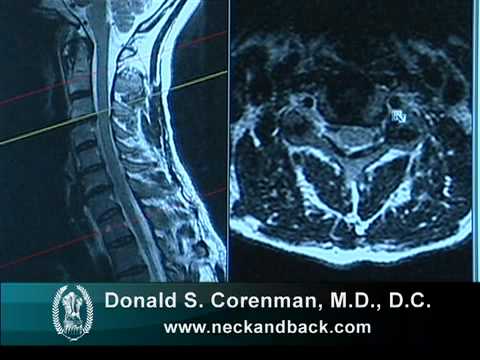









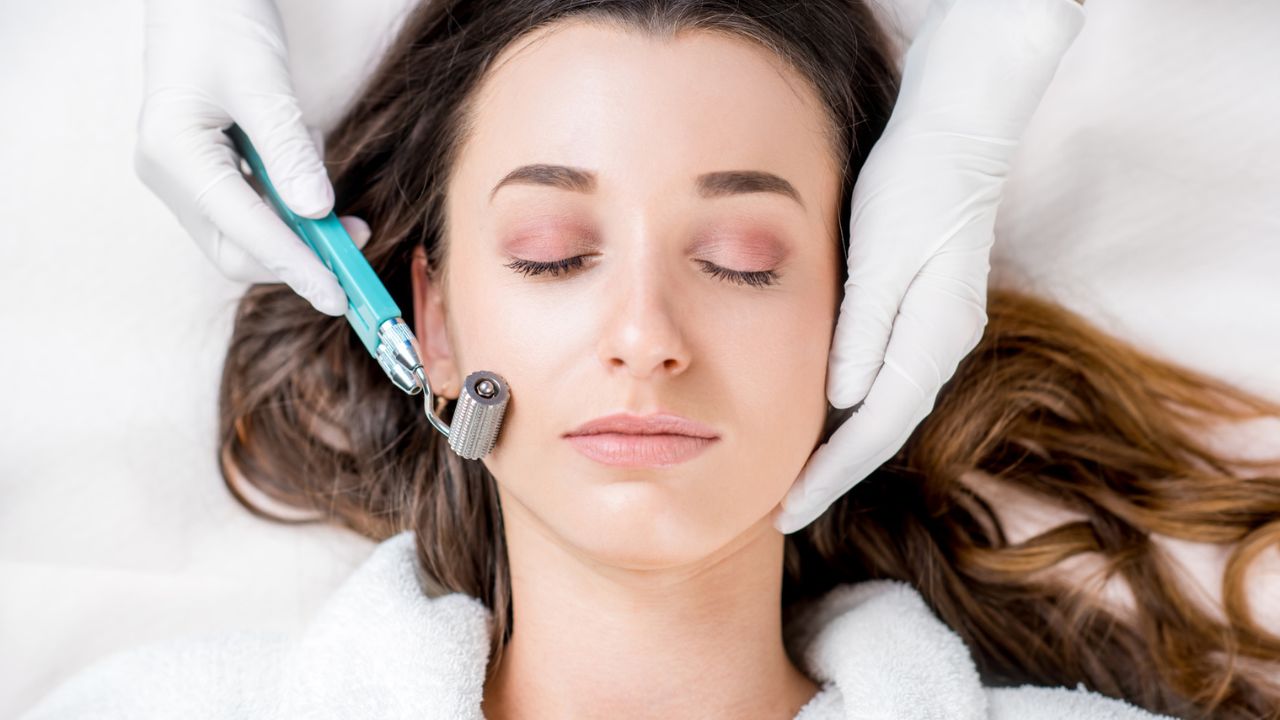

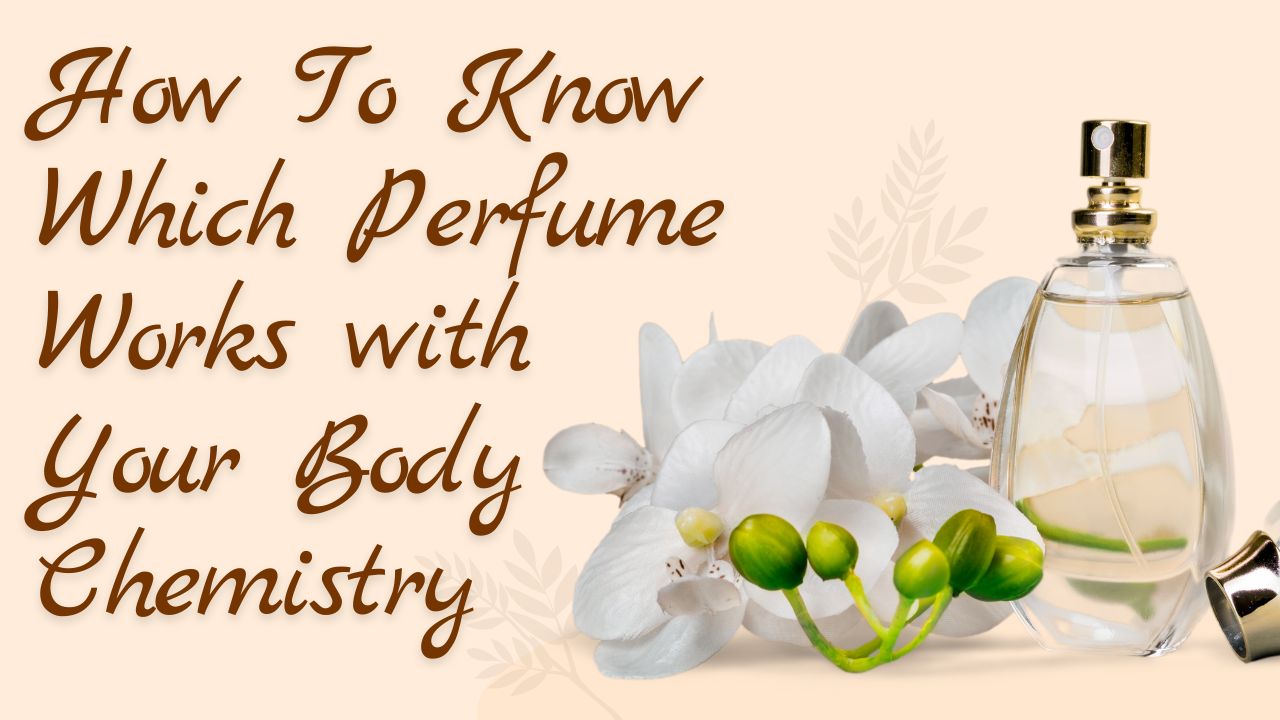
One Comment